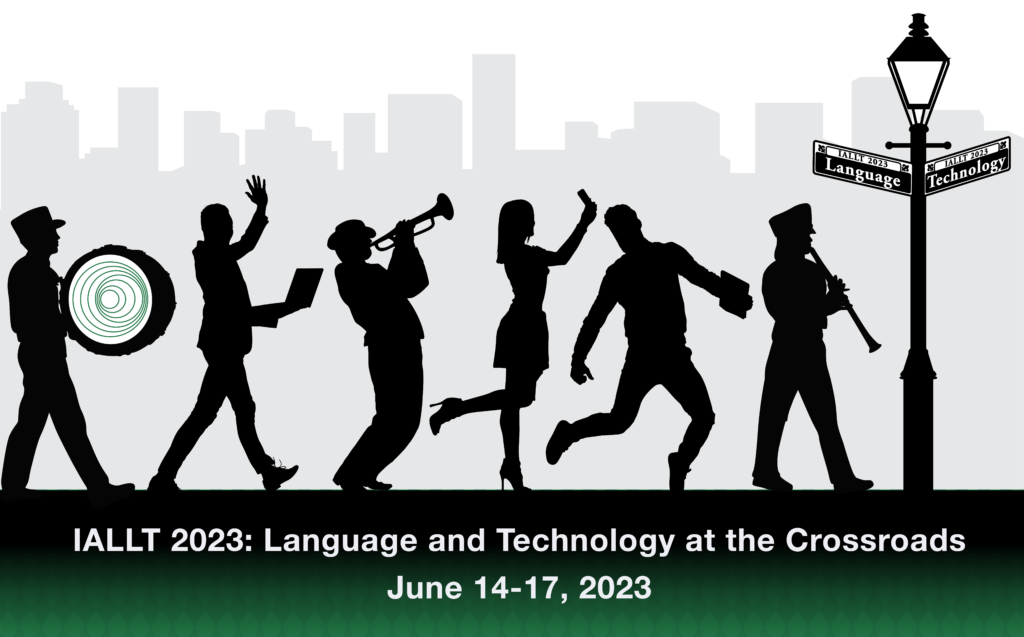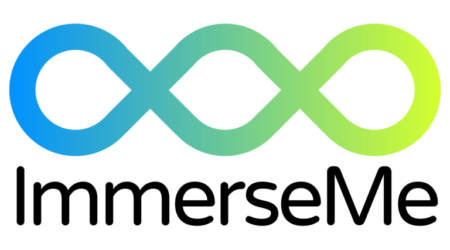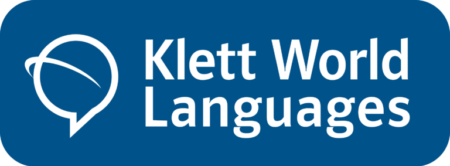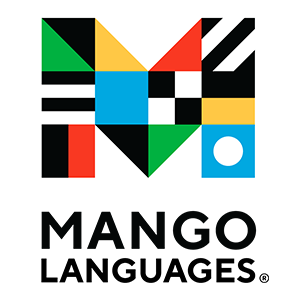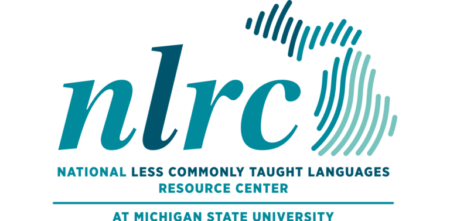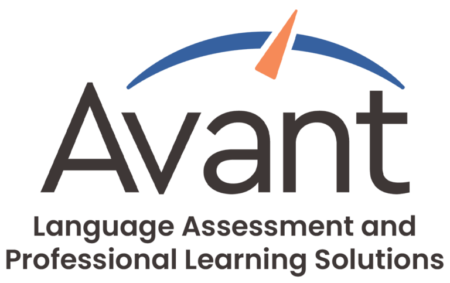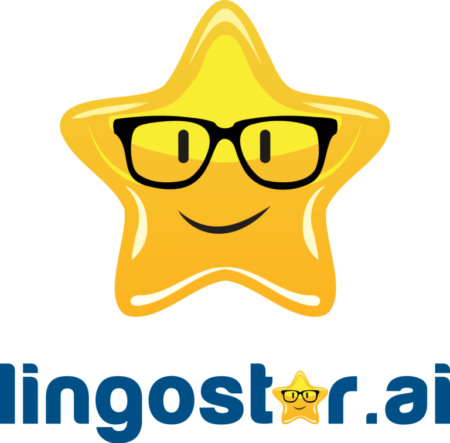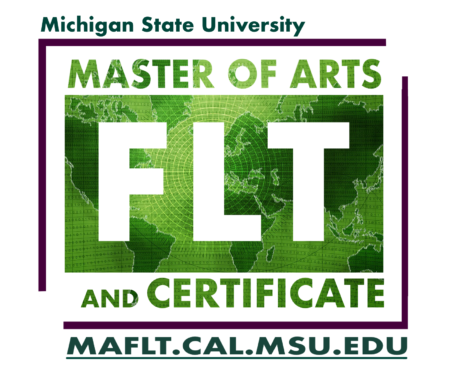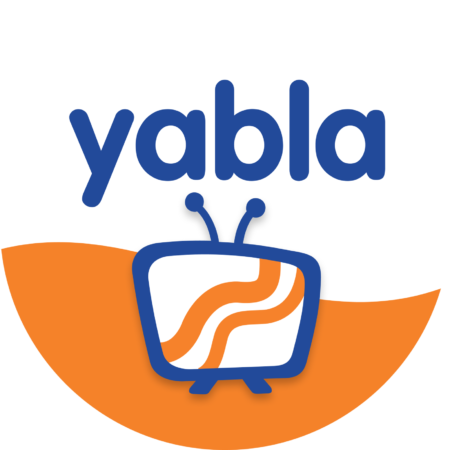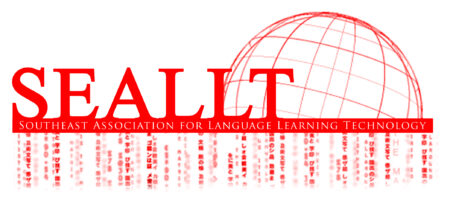Pre- and post-conference workshops will take place on Wednesday and Saturday for an additional fee.
Wednesday, June 14
Round 1:
Building Community Online: Engage Your Students with Videos You Create Yourselves (Part 1)
Dan Soneson and Marlene Johnshoy (University of Minnesota)
9:00am-11:00am and 12:15pm-2:15pm
(Please note that this extended workshop continues into Round 2 after the lunch break. Plan your schedule accordingly.)
Instructors often worry about connecting with students and developing classroom community, especially in online spaces. We recommend short videos created by the instructor and students for helping the online class "come alive"! The workshop presents quick and easy ways to create, edit, and share videos, either by the instructor or by the students. Participants will go through the steps of creating a short video, starting with a script. We will introduce Canva, a free online tool, to record, edit, and enhance video. We then walk through the process of uploading the finished video to YouTube. Finally, we work on updating the script and attaching it to the video in order to provide the closed captions required for ADA/UDL. Between sessions, participants are encouraged to take advantage of the New Orleans location to create a personalized video in the context of a bustling city using their own mobile device which they can subsequently edit and upload. We will finish up with a "gallery walk" to view the videos created and conduct a brainstorming session to explore various ways to incorporate these short videos in the classroom, whether F2F, hybrid, or online. Participants should bring a laptop and/or mobile device.
Round 2:
Building Community Online: Engage Your Students with Videos You Create Yourselves (Part 2)
Dan Soneson and Marlene Johnshoy (University of Minnesota)
9:00am-11:00am and 12:15pm-2:15pm
(Please note that this extended workshop continues from Round 1 after the lunch break. Plan your schedule accordingly.)
Adapting the FUNemployed Game Model for Language Activities
Alfonso Sintjago and Phillip Cameron (University of Michigan)
12:15pm-2:15pm
Come learn how to create your own games using the FUNemployed model — an interview and selection framework inspired by the game FUNemployed! In FUNemployed, participants receive randomly generated qualifications and give a pitch to the employer for a randomly selected job. The framework allows for games to be played in any combination of physical and online classrooms, and the randomness of jobs and qualifications adds replay value while pushing learners to come up with their responses in the moment. Wondering exactly what FUNemployed is? Watch the YouTube introductory video. During this session, participants will play two games based on the FUNemployed model. They will then learn how language instructors use their own games for different learning goals, hear our experiences working with instructors, as well as student feedback. This presentation welcomes both instructors and instructional support staff, who will receive guiding templates and the code necessary to create their own versions of the game. Thanks go to Kaizen Castano's open-source code and Ryan Sutton and Yi-Su Chen at U-M Dearborn, who modified the code for the game extension and who deployed their games across multiple courses between 2020 and 2022.
Saturday, June 17
Round 3:
Engaging Your Language Learners in Interactive Activities for Authentic Communication
Heidi Faust (TESOL International Association) and Lisa Mann (Freelance consultant)
1:00pm-3:00pm
While language learners need grammar and vocabulary, that is not enough to be able to communicate effectively with others. This workshop will engage educators in model interactive activities that can be adapted for use in the both virtual and in-person classrooms to practice authentic multimodal communication. The workshop will be experiential, enabling participants to first complete the activity, then discuss how it supported their language use; then in small groups, educators will reflect on how this can be facilitated and contextualized to their own classrooms. Activities for different age groups and proficiency levels will be modeled, including interviews, goal-oriented role plays, polls, sorting and ranking tasks, choice boards for conversations, and more. Virtual tools like Jamboards and interactive slides that can be accessed by mobile phones will be utilized or explained, pending technology access. Simple activities can focus on basic communication like learning about peers, authentic socializing, and interacting on social media. More complex authentic communicative tasks can include doing research and creating real world products like menus or public service announcements. The workshop will culminate with an overview of available resources and any remaining questions/answers and sharing.
Language Center Design
Felix Kronenberg (Michigan State University)
1:00pm-3:00pm
Are you thinking about designing a new language center or redesigning an existing one? Are you looking to upgrade an aging facility for the 21st century and a post-pandemic world? Or are you just looking for inspiration and learn what the latest trends are? If yes, then this workshop is for you! You will learn about the fundamentals of learning space design, discover existing models, imagine the possibilities, and receive practical advice. Because each case is different, there will be time to focus on your particular project and to network with others in a similar position.

